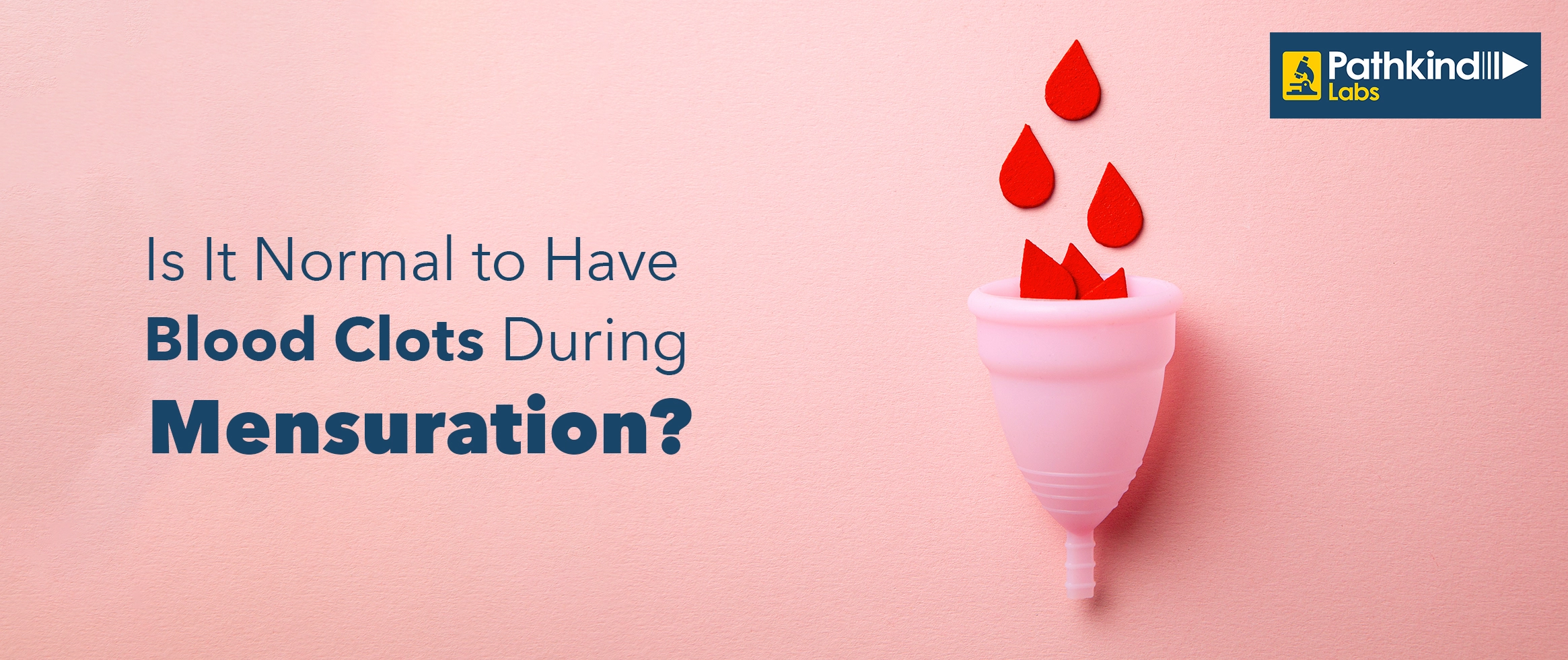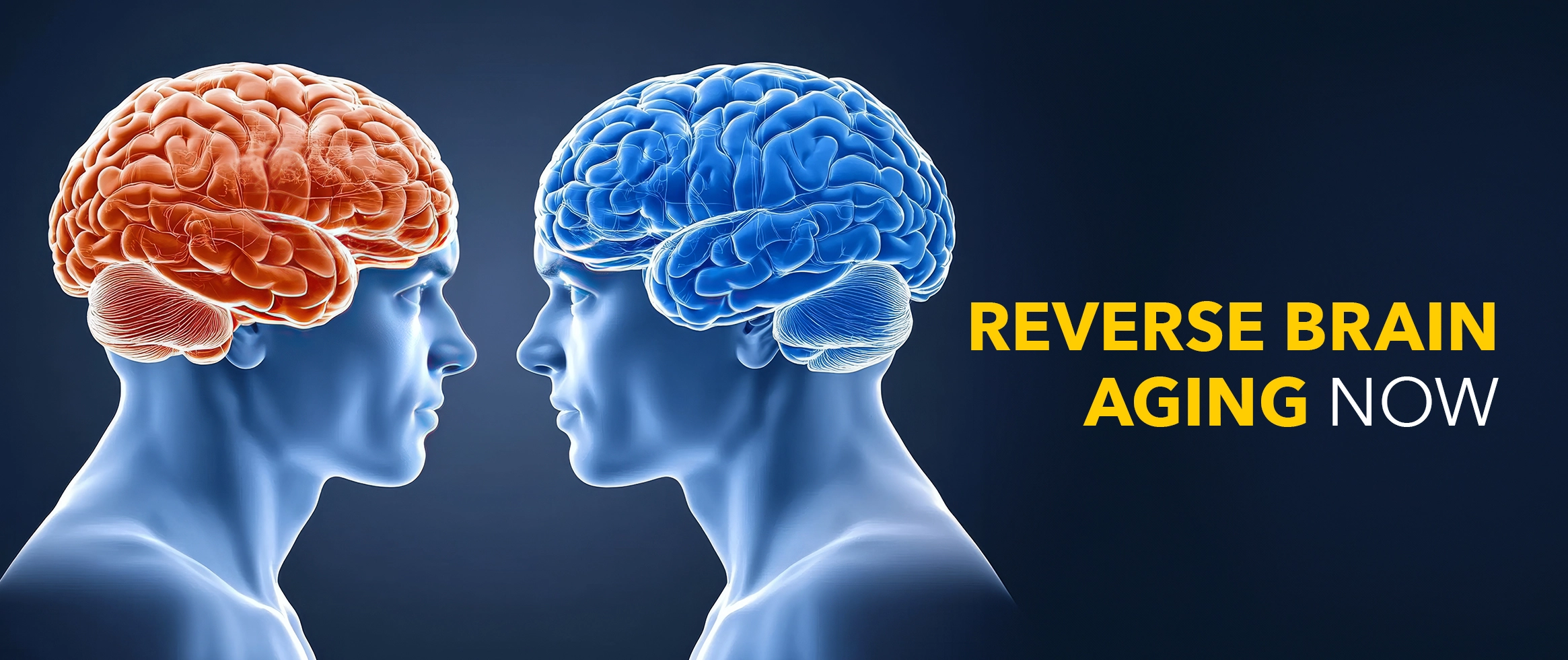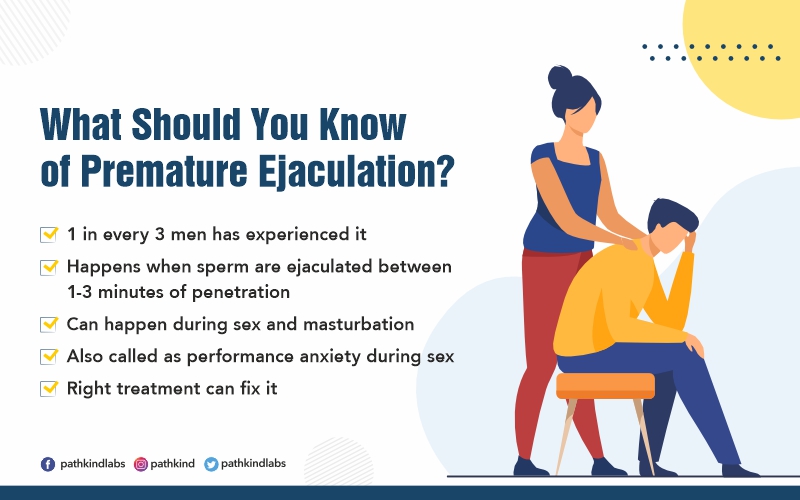Testosterone Total

Gender for
Male, Female
No special preparation

Sample Type
Serum
Test Overview
The total testosterone test measures the overall level of testosterone in your blood, providing crucial insights into hormonal balance. Testosterone plays a vital role in various bodily functions, including muscle mass, bone density, libido, and mood regulation.

 NABL approved
NABL approved Labs
 Most Trusted by
Most Trusted by Doctors
 Accuracy &
Accuracy & timely reporting
 Widest Range
Widest Range of Tests
Test Details
Frequently asked questions
It measures the overall testosterone levels in your blood to assess hormonal health.
It helps diagnose and monitor hormonal imbalances, fertility issues, and certain medical conditions.
These are the levels of testosterone present in your blood, crucial for evaluating hormonal balance.
Abnormal levels could suggest conditions like hypogonadism, PCOS, or hormonal imbalances.
A simple blood sample is drawn and analyzed in a laboratory.
The cost is budget-friendly, but it may vary by location. Visit Pathkind Labs for precise pricing details.





















